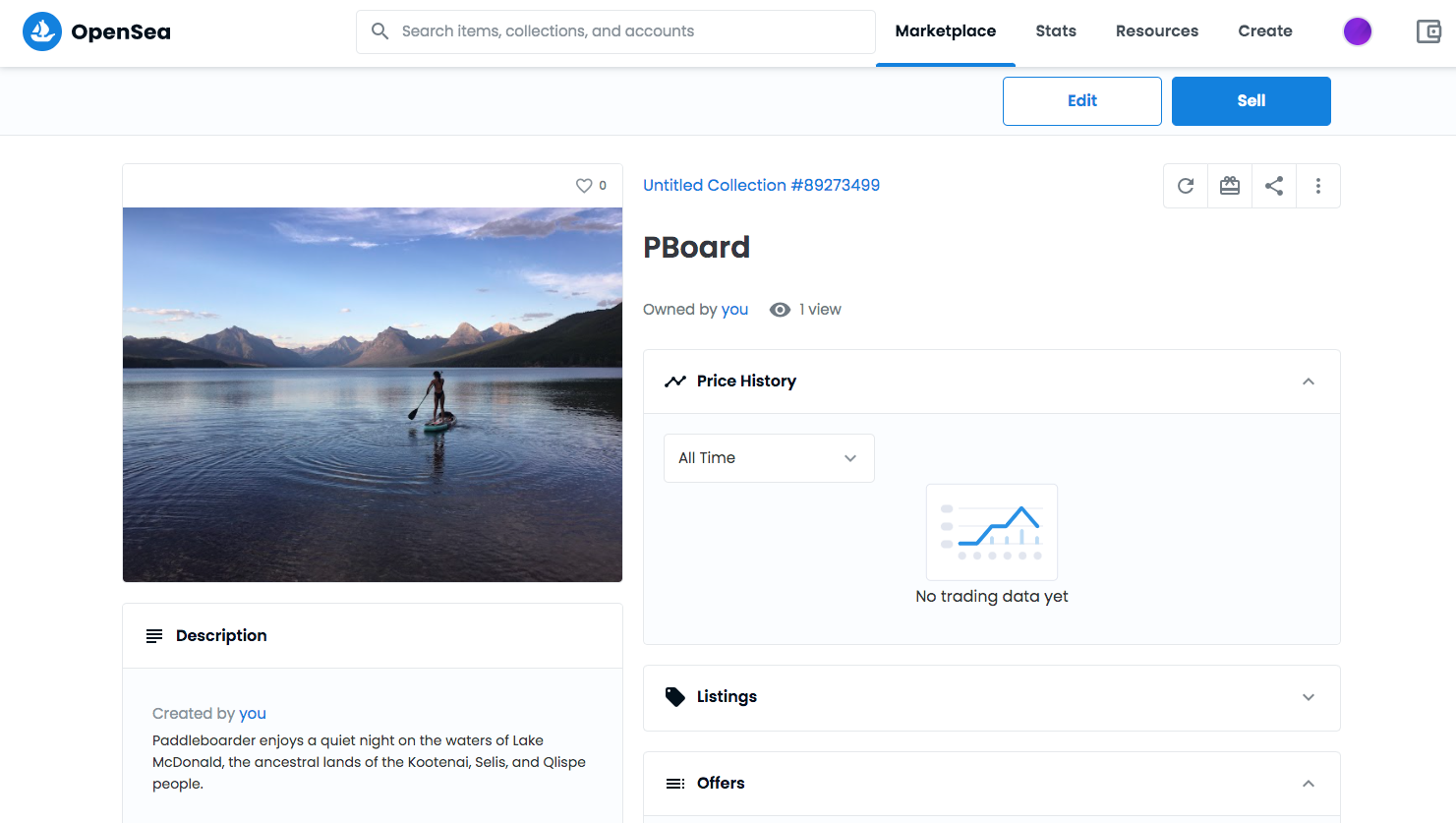
MoneyGram, a pre-digital P2P payments player, announced a collaboration this week that will send funds faster and offer consumers more options.
The Texas-based money transfer company is partnering with Stellar Development Foundation, a non-profit that supports the development and growth of the Stellar blockchain network, and Circle, an online platform that enables users to send money. The partnerships will enable consumers using Circle’s USDC stablecoin to receive cash funding and payout in local currency, and will facilitate near-instant backend settlement.
As Stellar Development Foundation CEO Denelle Dixon explained, the partnership combines the reach of MoneyGram’s services with the speed and low cost of transactions on Stellar. As a result, “a new segment of cash users will be able to convert their cash into and out of USDC, giving them access to fast and affordable digital asset services that may have previously been out of reach,” Dixon said.
Once the partnership goes live, end consumers will be able to use MoneyGram to convert USDC to cash, or cash to USDC. United Texas Bank will serve as a settlement bank between Circle and MoneyGram. Thanks to Circle’s USDC, consumers will also see their funds settle in near-real-time, resulting in accelerated money movement, improved efficiency, and reduced risk.
“At MoneyGram, one of our top strategic priorities is to pioneer cross-border payment innovation and blockchain-enabled settlement, and we’re thrilled to now work with the Stellar Development Foundation to further our efforts,” said MoneyGram Chairman and CEO Alex Holmes. “As crypto and digital currencies rise in prominence, we’re especially optimistic about the potential of stablecoins as a method to streamline cross-border payments. Given our expertise in global payments, blockchain, and compliance, we are extremely well-positioned to continue to be the leader in building bridges to connect digital currencies with local fiat currencies.”
This isn’t the first time we’ve seen MoneyGram using blockchain technology. The money transfer giant partnered with Ripple in 2019 to leverage XRP for cross-border payment and foreign exchange settlement. That partnership has since ended, but MoneyGram has gone on to initiate other partnerships that provide broad consumer access to digital currencies.
Photo by Universal Eye on Unsplash















